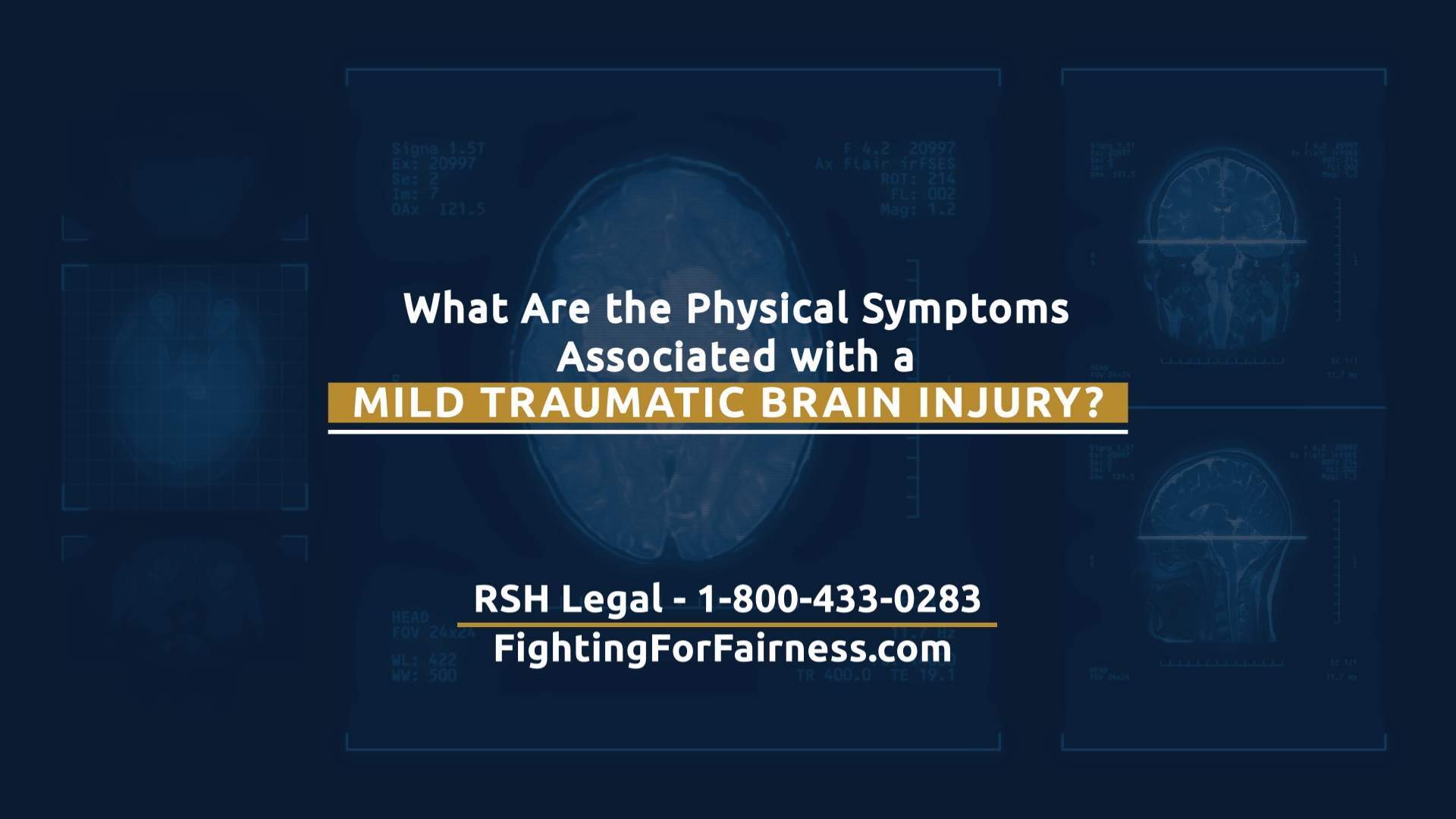Traumatic brain injuries caused by a motorcycle accident aren’t top of mind for most riders. Most of us are just thinking about how much fun it can be to hop on a bike and get on the road. Unfortunately, motorcycle crashes can ruin anyone’s day on the road.
Motorcycle riders are far more likely to suffer a traumatic brain injury (TBI) during an Iowa motorcycle accident than other accident victims. This is because of riders have a higher chance of falling off or being ejected from the motorcycle and hitting their head once they land.
Symptoms of a Traumatic Brain Injury after a Motorcycle Crash
Some of the symptoms of a traumatic brain injury can include:
- Confusion
- Disorientation
- Headache
- Dizziness
- Mood changes or impairments
- Impairments in thinking, moving, or acting
If any of these symptoms are observed after a motorcycle accident, contact a doctor or visit an emergency room immediately.
Brain injuries can be deceiving, because often a victim can communicate normally after suffering a mild injury. They may not seem very confused or disoriented.
In fact, in brain injuries caused by a motorcycle accident much of the damage can occur hours and even days after the crash.
What Happens to the Brain During and After a Motorcycle Accident
The reason for this is the way the brain reacts to an injury. Right at the moment of impact in a motorcycle accident, the brain is jostled around inside the skull. It can crash against the sides and the top of the skull, causing bruising, bleeding, and tearing in the brain.
While this damage can cause the symptoms of a head injury that were discussed earlier, the hours and days after a crash are the time when brain damage can become more severe. The trauma from the motorcycle crash can cause the brain to swell. The brain is encased in the skull, which cannot expand because it’s made of bone. This means the brain swells up against the skull, causing further harm – even to parts that were not originally damaged by the crash.
If this swelling is not immediately resolved by prompt treatment, it can cause severe damage to the victim, including death.
Long-Term Problems from Brain Injuries
Even if the victim does not die from brain injuries caused by a motorcycle accident, they can have long-term impairments that can affect them for years. These long-term impairments can include:
- Loss of motor skills
- Trouble speaking
- Memory loss
- Seizures
- Inability to work
- Mood changes, including depression, anxiety, or anger
Recovering From a Traumatic Brain Injury
Recovery from TBI can take a long time. The brain is a complex organ. The amount of healing, and how fast a person heals, will depend on the person injured. Rehabilitation may take months or even years. A motorcycle crash victim that suffers a severe brain injury may deal with these mental and physical challenges for the rest of their life.
Because suffering a TBI often means hospitalization and rehab, medical bills for the motorcycle accident victim can be overwhelming. If the bills are piling up, you should speak with an experienced motorcycle crash lawyer to see what options there are.
The Best Way to Prevent a Brain Injury
You don’t need to be going very fast on your bike to suffer a brain injury, especially if you are not wearing a helmet. The absolute best way to prevent a brain injury from an Iowa motorcycle crash is to wear a helmet. According to the National Highway Traffic Safety Administration (NHTSA), helmeted motorcyclists were significantly less likely to experience a traumatic brain injury during a crash. The Centers for Disease Control and Prevention (CDC) reports that helmets reduce the risk of head injury by 69%.
Iowa is one of the few states where a motorcycle helmet is not required by law to ride. However, it’s simply a smart decision to wear a helmet every time you get on a motorcycle.
Choosing a Motorcycle Helmet
Not all motorcycle helmets are created equal, however. When selecting a bike helmet, make sure it meets minimum safety standards. These standards ensure that the helmet protects your from brain injuries caused by a motorcycle accident as much as possible. Look for a Department of Transportation (DOT) sticker, or a Snell sticker, somewhere on the box and on the helmet. Both organizations run tests on these helmets to make sure they will withstand impacts and stay on your head during a collision.
If you have suffered a traumatic brain injury or other injuries in a motorcycle accident, call RSH Legal at 1-319-774-1542 or download our free Law Guide to Iowa Motorcycle Accident Claims.




